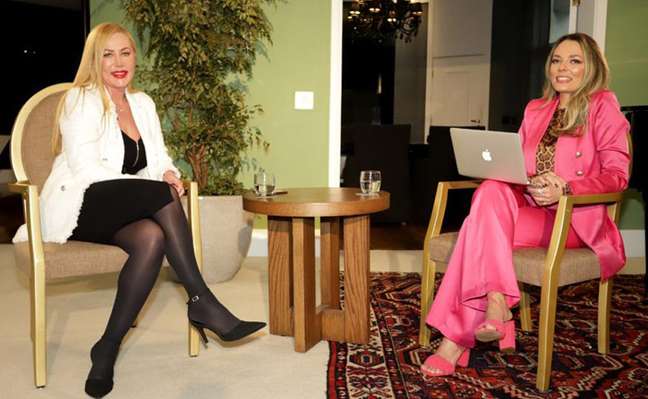The women of the sector are responsible for the production of 30 million hectares

Historically, it has always been difficult for women to reach positions that are mostly filled by men. However, in agriculture, women are already responsible for the production of 30 million hectares, about 8.5% of the entire area occupied by ranches and farms. The number may seem low, but it already represents 6% growth in 11 years.
According to a survey by the Brazilian Institute of Geography and Statistics (IBGE), female participation in agro management is 19%. And to deepen the subject, the Connection Program, led by Deise Mireia, who interviewed Soyagro Negócios business woman and lawyer, Franciana Tunes, who has been working in the sector for over 20 years.
“I was born in a small country town, literally in the countryside of Mato Grosso. I grew up in this segment, so at the age of 10 I was already planting chayote to sell in the supermarket, it has always been my reality. As a family, we started to devote ourselves to agribusiness and the business has grown, currently we also have connections with Bolivia ”, says Franciana.
The world as a whole is still patriarchal
She adds that she has always been an advocate of women’s performance in the segment they want and comments that she has already suffered prejudice, but has never been influenced by it. She stressed that unfortunately the world is still very patriarchal, but that it is up to each woman to put herself above and to demonstrate in practice what she is capable of.
Deise Mireia questioned the entrepreneur about the Bolivian agricultural sector, which is of great economic and social importance, and had an average share of the Gross Domestic Product of 10.6% (2006-2021).
Since 2017 it is the sector with the highest growth (6.6%). “Franciana, you were talking about Bolivian businessmen who have acquired land in Brazil and vice versa, the facilities and the advantages,” he asked.
“This connection is possible and highly recommended. Currently, the country already has many investors, especially Brazilians thanks to affordable values, low investments and high yields. This procedure is totally legal, both as a natural person and as a legal person up to 5 thousand hectares. We take care of the whole process, from finding the perfect land for the investor to the more bureaucratic issues, ”Franciana replied.
Trouble with business in Bolivia
He adds that he also does the reverse process, buying Brazilian land from Bolivians and also has operations in Mato Grosso and Mato Grosso do Sul, and has recently started operations in Sao Paulo. The entrepreneur talks about the difficulties encountered in moving to the Bolivian country, in the city of Santa Cruz de La Sierra and the difficulties encountered in expanding her business.
Franciana comments that she has several plans to further publicize the opportunities that exist in Bolivia for Brazilians. “There are still many paradigms that we have to overcome. Getting the Brazilian investor to know the place is the first stepas well as bringing foreigners here ”, he concludes.
Currently most of the area cultivated in Bolivia is used for the production of oils and industrial crops, with 44% (1,645,547 hectares), and includes crops such as soy, sunflower, sugar cane, cotton, peanuts and sesame.
.+
The best content in your email for free. Choose your favorite Earth Newsletter. Click here!
Source: Terra
Benjamin Smith is a fashion journalist and author at Gossipify, known for his coverage of the latest fashion trends and industry insights. He writes about clothing, shoes, accessories, and runway shows, providing in-depth analysis and unique perspectives. He’s respected for his ability to spot emerging designers and trends, and for providing practical fashion advice to readers.







